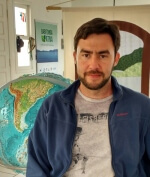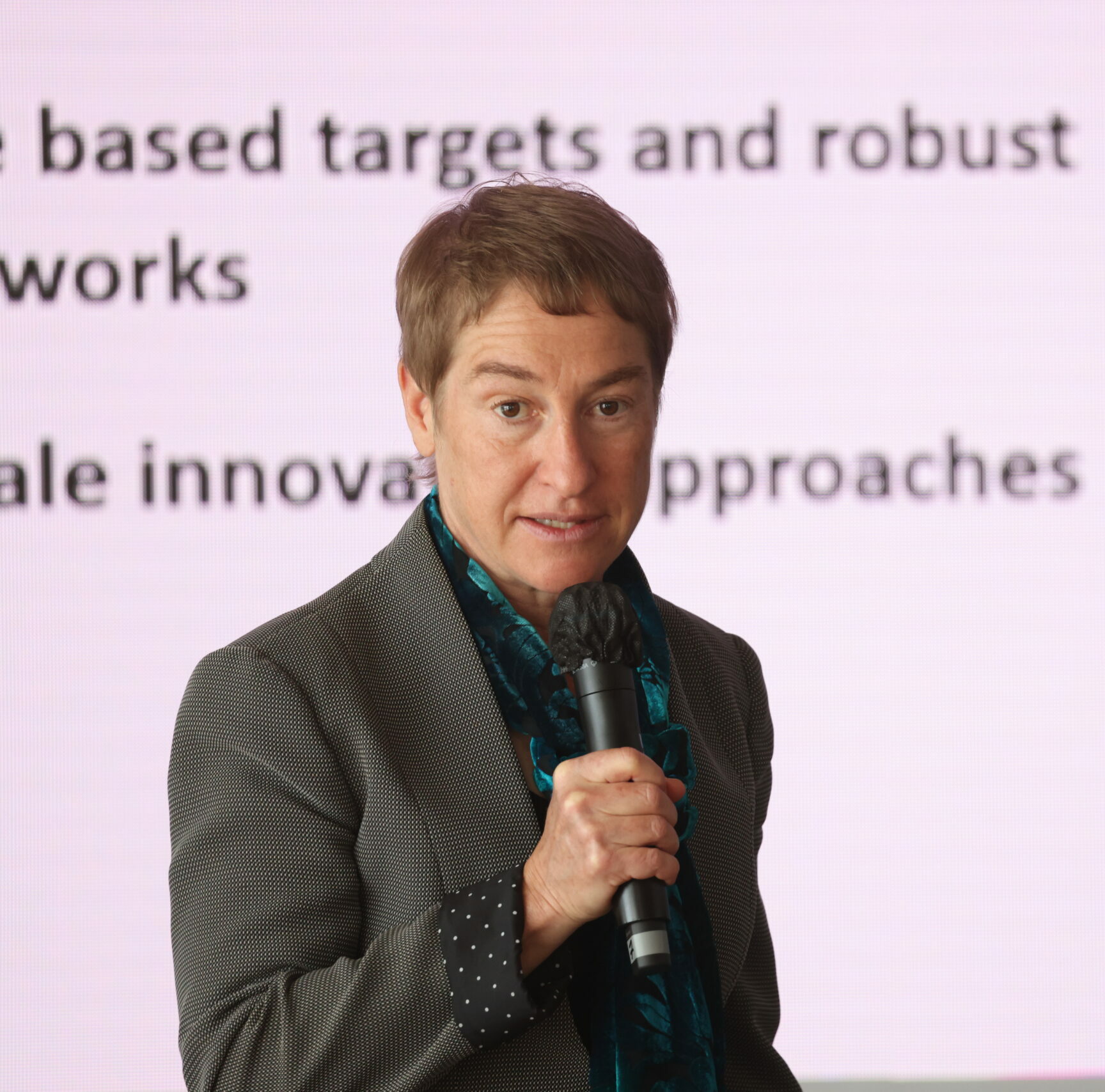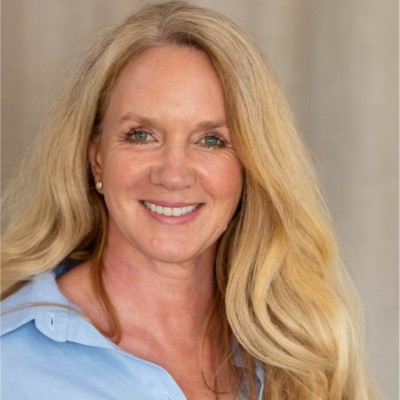Towards an Inclusive and Equitable Panel for Global Ocean Sustainability
Ocean momentum continues with ongoing steps to build an inclusive and equitable International or Intergovernmental Panel for Ocean Sustainability (IPOS). With a clear mandate for sustainability, the IPOS aims to ensure fair and diverse representation in the co-construction of knowledge informing ocean decision-making processes for conservation and development.
Global environmental assessments such as those undertaken by the Intergovernmental Panel on Climate Change (IPCC), Intergovernmental Science-Policy Platform on Biodiversity and Ecosystem Services (IPBES), and World Ocean Assessments (WOAs) play a critical role in providing a comprehensive understanding of environmental issues and the challenges facing our planet. By bringing together the latest knowledge, scientific research, and expertise from around the world, these assessments offer a global picture of environmental problems that individual studies or reports cannot. They help inform policy decisions, raise public awareness, encourage international cooperation, and guide future research efforts.
In a recent paper, “An evolution towards scientific consensus for a sustainable ocean future,” co-authors, including from a number of Future Earth’s Global Research Networks, highlight that the commonly used environmental assessments (IPCC, IPBES, and WOA) require improvements to better support ocean sustainability. To achieve this, the existing assessment mechanisms for coastal and ocean ecosystems should collaborate more closely. This requires identifying knowledge gaps and creating joint working groups to address them. Fostering imaginative futures thinking, integrating knowledge silos, and prioritizing effective communication, transparency, and stakeholder and public engagement are also essential aspects of the multi-level assessment process that an IPOS could be deliberately designed to provide.
An outstanding question is whether to establish an independent “International” panel or a hierarchically led “Intergovernmental” panel nested within the UN system, like IPCC, IPBES, and WOA. While the latter panels have been successful with regard to climate, biodiversity and ocean state respectively, the urgency to address critical ocean priorities may require a more flexible and autonomous approach. On the other hand, recent high-level events have strengthened and renewed the European Union’s commitment to International Ocean Governance, leading to the proposal of an Intergovernmental ocean panel to promote ocean diplomacy and literacy, build up ocean knowledge, and ensure a secure, clean, and sustainably managed ocean. Both approaches have their merits and limitations, and a combination of elements from both international and intergovernmental framings would provide IPOS with agility, authority, and continuity.
In 2022, ocean leaders from various sectors across the planet convened in the week-long UN Ocean Conference (UNOC – Lisbon, Portugal, 27th June to 1st July) for the negotiation and agreement on a high-level Political Declaration, “Our ocean, our future, our responsibility.” One plenary statement by the International Science Council and other supportive organizations during the conference called for the establishment of IPOS. The statement highlights that the UN Decade of Ocean Science for Sustainable Development presents an opportunity to transform the co-creation and sharing of coastal and ocean knowledge by creating self-organizing networks and breaking free from top-down, hierarchical systems. The statement also highlighted the significant contributions of small-scale fishers’ (SSF) knowledge and livelihoods to ocean sustainability but noted their continued marginalization in decision-making; other groups, like Indigenous peoples, also remain underrepresented. It is clear that principles of inclusivity and equity are crucial to address gaps in global environmental assessments. As a result, IPOS partners have initiated a strategy to advance understanding of gaps and open design with other ocean stakeholders.
A Seascape Assessment of 35 global environmental assessments with an ocean sustainability/SDG 14 focus commenced at the beginning of 2023. This report will serve as a basis for stakeholder consultations, providing insights and visioning for IPOS. The goal of the Seascape Assessment is to determine which aspects of the environmental pillar of sustainability are being addressed. It examines existing institutional arrangements for transparency and autonomy, as well as the content related to the ocean state and anthropogenic pressures, inclusivity of Indigenous and Local Knowledge, and the features of the science-policy interface they relate with. High-level experts and policymakers are being interviewed, and the assessment outcomes will kickstart a larger study that will examine the societal and economic pillars of sustainability.
Next Steps in the Effort to Build IPOS
A series of consultation ‘sprints’ with marine social scientists, policy practitioners, and small-scale fishers will start with a workshop titled “Bridging Shades of Blue” in Barcelona between 23-24th March 2023 in the Institute of Environmental Science and Technology (Autonomous University of Barcelona, Spain; co-sponsored by Maria del Maetzu, ERC Tradition, Marine and Environmental Biogeosciences-SGR The Oceanography Society and the Ocean Sustainability Foundation). The workshop program aims to share and debate insights from the Seascape Assessment results and identify collaboratively how IPOS can add value to the ocean science and policy interface globally while starting to co-construct key features for an inclusive and equitable IPOS.
The Barcelona workshop will start with short presentations followed by discussions on IPOS’s Seascape Assessment results. Participants will then co-design IPOS’s ‘ID Cards’ in six themes: types of ocean knowledge to be covered, the way this knowledge should be produced, types of recommendations that should be formulated, ideal engagement with policymakers, knowledge dissemination/communication strategy, and measurement of success. The program also aims to develop the ingredients of a successful IPOS by positioning it next to other members of the UN Ocean assessments ecosystem, interacting better with stakeholder groups outside of the scientific community, determining critical elements for the next phase of the seascape assessment, and discussing the governance structure for IPOS. The workshop will identify the main challenges, proposed strategies, and ways forward to move IPOS from theory to practice. It will present a timeline for the next six months and align on how to maintain momentum in an inclusive and participatory approach.
Consultations will continue in other conferences in early 2023, including the Ocean Knowledge Action Network strategic planning meeting in Asia in March and the Ocean Visions Summit in Atlanta, Georgia, USA in early April. Ocean thinkers and innovators at these conferences will discuss how to develop an inclusive and equitable architecture for IPOS, generating foundational insights for the evolution of IPOS. Finally, building on the outcomes of these consultations, a proposal for creating a coalition of scientific institutions in support of IPOS will be discussed in Brussels with high-level ocean policy-makers in April 2023.
The intensive schedule for IPOS outlined above is necessary, given the complexities involved in integrating multi-level ocean sustainability research and policymaking. The goal is to set a course for IPOS implementation and make substantial contributions to the 3rd UN Ocean Conference in Nice in 2025. Through a series of debates and consultations with various stakeholders, the proposal aims to be comprehensive and inclusive, taking into account the diverse perspectives and needs of all parties involved.
Banner image courtesy of Cristina Mittermeir @mitty
More about the authors:

Leopoldo Cavaleri Gerhardinger,
Member, Ocean Knowledge Action Network Steering Committee
Postdoctoral researcher with Institute of Environmental Science and Technology, Autonomous University of Barcelona, project ERC Tradition. A concerned marine social scientist actively involved in building marine learning networks to foster new types of voluntary engagement for improved governability & healthier oceans.

Anna Zivian,
Member, Ocean Knowledge Action Network Steering Committee
Anna Zivian (she/her) is co-chair of the Ocean Knowledge-Action Network Steering Committee and Senior Research Fellow at Ocean Conservancy, supporting and advising Ocean Conservancy’s science- and knowledge-based programs, with a particular focus on equity and justice and ocean climate change mitigation and adaptation. Prior to her work on the ocean, Anna served as an elected official in Colorado for ten years. Anna earned her Ph.D. in Environmental Studies from the University of California at Santa Cruz and a B.A. in Russian and Soviet Studies at Harvard University.

Tanya Brodie Rudolph,
Member, Ocean Knowledge Action Network
Research Fellow at the Centre for Sustainability Transitions at Stellenbosch University, International Ocean and Environmental lawyer, and transdisciplinary practitioner. Tanya is one of the co-originators of the International Panel for Ocean Sustainability, an expert on the High Level Panel for a Sustainable Ocean Economy and a member of the Earth Governance Task Force. She is interested in the relationship between traditional knowledge systems and innovation, and the role of transdisciplinary collaboration to enable transformative change. She is passionate about innovative methods for knowledge co-production in Global South contexts, with a focus on equity and justice.
DATE
March 9, 2023AUTHOR
Future Earth Staff MemberSHARE WITH YOUR NETWORK
RELATED POSTS
Future Earth Taipei Hosts the 2024 Ocean Action Symposium
Future Earth Members Join UN Ocean Conference in Barcelona
SOLAS Researchers Publish Special Feature on Air-Sea Interface in Changing Climate